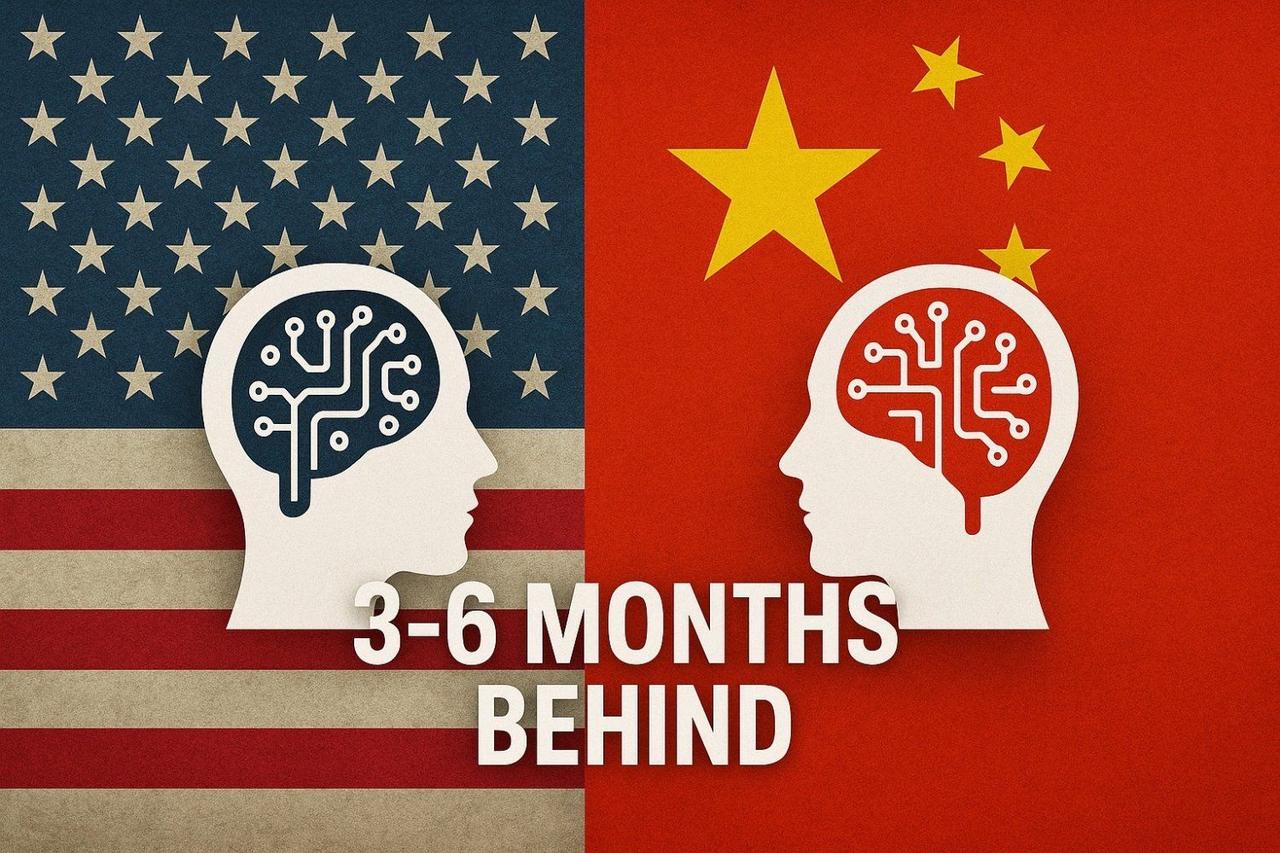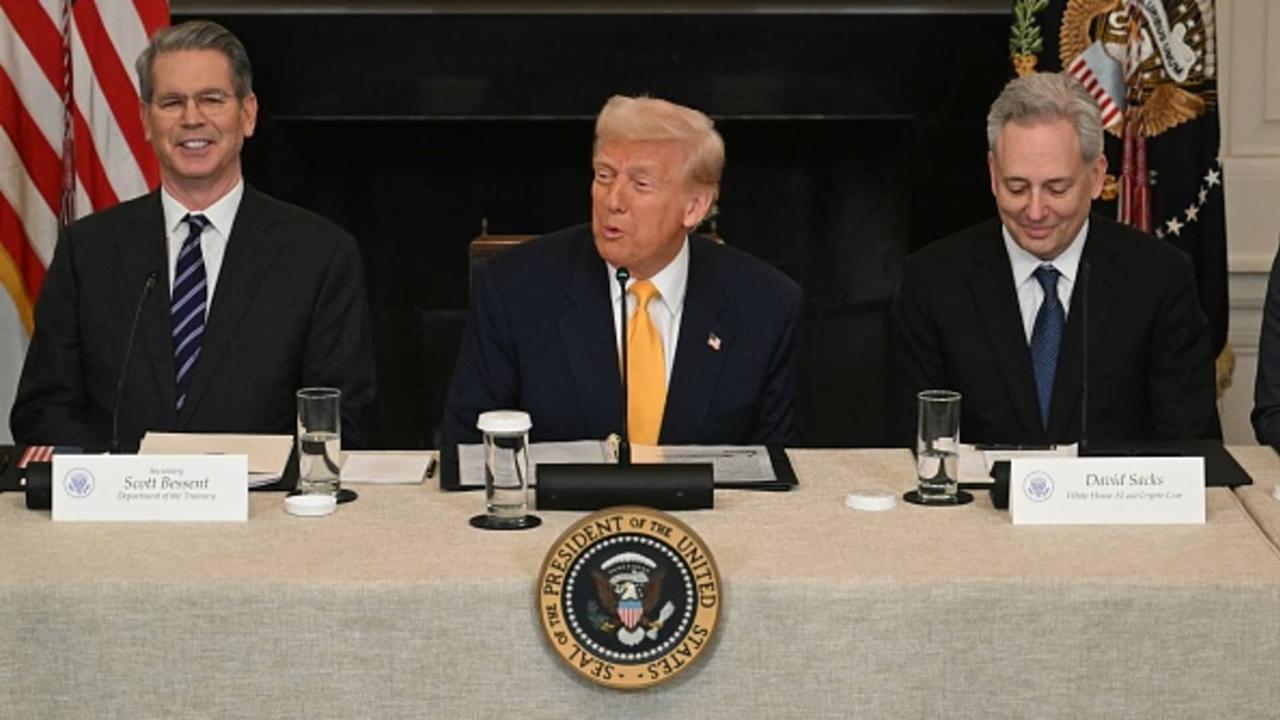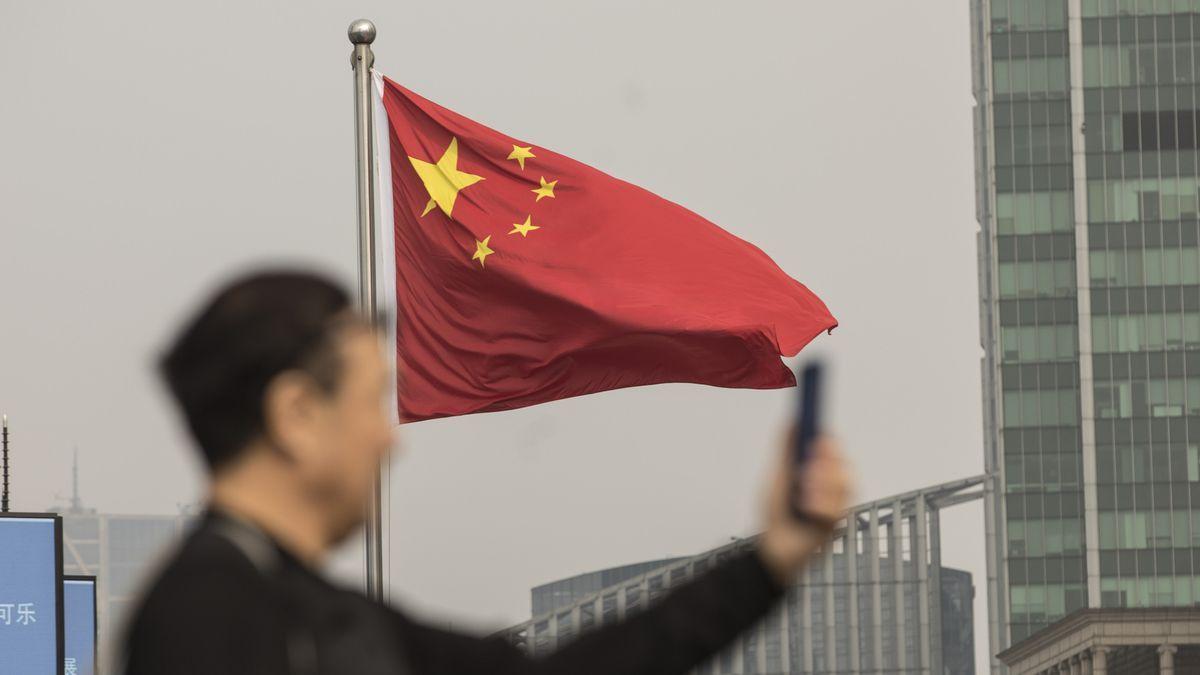White House AI Czar Warns: China Only 3-6 Months Behind US in AI Race
3 Sources
3 Sources
[1]
China is only 3-6 months behind US in AI, Trump official says
WASHINGTON, June 10 (Reuters) - China is three to six months behind the United States in artificial intelligence, White house AI and crypto czar David Sacks said Tuesday at an event in Washington, warning that excess U.S. AI regulation could damage American innovation in the industry. "China is not years and years behind us in AI. Maybe they're 3-6 months," said Sacks, speaking at the AWS summit in Washington. "It's a very close race." Reporting by Alexandra Alper; Editing by Chris Reese Our Standards: The Thomson Reuters Trust Principles., opens new tab Suggested Topics:Artificial Intelligence
[2]
White House AI czar says China is only 3-6 months behind the US in AI, not years behind
As an Amazon Associate, we earn from qualifying purchases. TweakTown may also earn commissions from other affiliate partners at no extra cost to you. White House AI czar David Sacks has said that China isn't years behind the US when it comes to AI, but more like 3-6 months behind, and that the AI race is "very close". Sacks was speaking at the AWS Summit in Washington when the White House AI and crypto czar said: "China is not years and years behind us in AI. Maybe they're three to six months. It's a very close race". He also downplayed the issues of American AI chips being smuggled by bad actors, and raised concerns that regulating US AI too tightly could hurt growth, and cede the critical AI market to China. He said: "We talk about these chips like they could be smuggled in the back of a briefcase. That's not what they look like. These are server racks that are eight feet tall and weigh two tons. They don't walk out doors. It's very easy to basically verify that they're where they're supposed to be". We've seen President Trump and NVIDIA make agreements with other countries to use its AI GPUs in servers, with partnerships with the likes of the UAE and Saudi Arabia for new AI supercomputers and bleeding-edge AI chips. NVIDIA has been tweaking -- it seems 24/7 -- its AI GPUs, with its new Blackwell-based B40 expected to launch in the months ahead. B40 is said to move away from advanced packaging and HBM, and will use GDDR7 memory instead. However, on the AI czar and his comments regarding China only being 3-6 months behind in AI... well, when it comes to hardware we have China's Huawei which is the country's direct (and only) competitor (close) to NVIDIA. But in recent rumors, we've heard that Huawei's new Ascend 910C AI chip mass production has been delayed, as the AI chips have been reportedly overheating and just stop functioning altogether. If Huawei can't get AI chips out... and just working... then those 3-6 months behind turn into many years before the Chinese company can get any foothold in the market. Secondly, it's not just the AI chip but semiconductor manufacturing. TSMC is world-class, SMIC (based in China) is not. Thirdly, it's not just AI chips and semiconductor manufacturing, but also the ecosystem surrounding AI -- NVIDIA has spent a considerable amount of time building CUDA and so have millions of developers across the planet (including in China).
[3]
U.S. official warns China closing AI gap with America By Investing.com
Investing.com -- White House AI and crypto czar David Sacks stated that China is only three to six months behind the United States in artificial intelligence development. Sacks made these remarks Tuesday at the AWS summit in Washington, cautioning that excessive regulation of AI in the U.S. could harm American innovation in this field. "China is not years and years behind us in AI. Maybe they're 3-6 months," Sacks said during his speech. "It's a very close race." The White House official's assessment highlights the narrowing technological gap between the two global powers in the strategically important AI sector.
Share
Share
Copy Link
David Sacks, White House AI and crypto czar, claims China is rapidly closing the AI gap with the US, potentially only 3-6 months behind. He warns against over-regulation that could hinder US innovation in this critical field.
White House AI Czar Sounds Alarm on China's AI Progress
In a startling revelation, White House AI and crypto czar David Sacks has declared that China is rapidly closing the artificial intelligence (AI) gap with the United States. Speaking at the AWS summit in Washington, Sacks stated, "China is not years and years behind us in AI. Maybe they're 3-6 months. It's a very close race."
1

Source: Reuters
This assessment challenges previous assumptions about the US's technological superiority in the AI field and highlights the intensifying competition between the two global powers in this critical sector.
Implications for US AI Regulation
Sacks used this platform to caution against excessive regulation of AI in the United States. He warned that over-regulation could potentially damage American innovation in the industry, possibly ceding the critical AI market to China
2
. This statement underscores the delicate balance policymakers must strike between ensuring responsible AI development and maintaining the country's competitive edge.Hardware and Ecosystem Challenges

Source: TweakTown
While Sacks's comments primarily focused on overall AI development, it's important to note the complexities in the AI hardware landscape. China's Huawei, the country's primary competitor to NVIDIA in AI chips, has reportedly faced setbacks. Recent rumors suggest that mass production of Huawei's new Ascend 910C AI chip has been delayed due to overheating issues
2
.Moreover, the AI race isn't solely about chip development. The ecosystem surrounding AI, including software frameworks like NVIDIA's CUDA, which has been developed over years with contributions from millions of developers worldwide, plays a crucial role in the overall AI landscape.
Related Stories
Semiconductor Manufacturing and Global Partnerships
The competition extends beyond AI algorithms and hardware to semiconductor manufacturing capabilities. While China's SMIC is making strides, it still lags behind the world-class capabilities of Taiwan's TSMC
2
. This disparity in manufacturing prowess could impact China's ability to produce cutting-edge AI chips at scale.Meanwhile, the US has been forging partnerships globally. President Trump and NVIDIA have made agreements with countries like the UAE and Saudi Arabia for new AI supercomputers and advanced AI chips
2
. These collaborations could potentially widen the US's lead in practical AI applications and infrastructure.The Road Ahead
As the AI race intensifies, both nations are likely to increase investments and efforts in this domain. The coming months will be crucial in determining whether China can maintain its rapid pace of development and truly close the gap with the US in AI capabilities.
Sacks's assessment serves as a wake-up call for policymakers and industry leaders alike. It emphasizes the need for continued innovation, strategic investments, and carefully calibrated regulations to ensure the US maintains its competitive edge in this transformative technology .
References
Summarized by
Navi
[2]
Related Stories
Trump's AI Czar Downplays Chip Smuggling Risks, Warns of Over-Regulation as China Closes AI Gap
11 Jun 2025•Policy and Regulation

US Tech Czar Warns: China Rapidly Closing AI and Chip Design Gap
19 Jun 2025•Policy and Regulation

China AI leaders warn widening gap with US can't be closed by capital alone after $1B IPO week
10 Jan 2026•Technology

Recent Highlights
1
ByteDance Faces Hollywood Backlash After Seedance 2.0 Creates Unauthorized Celebrity Deepfakes
Technology

2
Microsoft AI chief predicts artificial intelligence will automate most white-collar jobs in 18 months
Business and Economy

3
Google reports state-sponsored hackers exploit Gemini AI across all stages of cyberattacks
Technology





